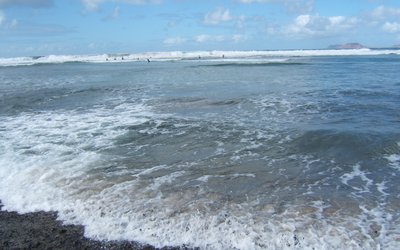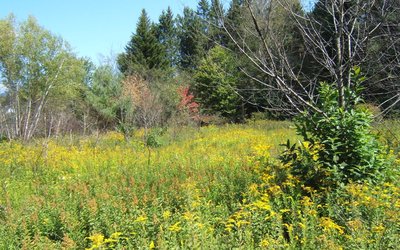
Changes in air temperature and precipitation have been projected for the near (2021 to 2050) and far future (2069 to 2098) with 6 Regional Climate Models, based on the SRES A1B emission scenario. The results have been compared with the reference period 1961 to 1990 and interpreted in terms of the impact on the vegetation period.
According to these results annual mean temperatures are projected to increase steadily from 8.1°C in the reference period (1961 to 1990) to 9.5°C in the near (2021 to 2050) and 11.2°C in the far future (2069 to 2098).
From 1961 to 2100 an elongation of the vegetation period of 6.2 days per decade was identified for Luxemburg, the elongation being caused by an earlier onset of the vegetation period in spring of 3.8 days per decade and a later end in autumn of 2.4 days per decade. For the vegetation period the definition is used where it begins when a threshold of 5.0°C for the daily mean air temperature is exceeded for at least five consecutive days; the same number of days below 5°C marks the end of the vegetation period.
The results also show that risk for late frost induced damage of vegetation in Luxembourg will increase in the near and the far future as compared to 1961 - 1990. An earlier onset of the vegetation period and the associated earlier flowering dates in the future leads to an increased exposure of plants to damages due to late frost events.
Source: Goergen et al, 2013. Climatic Change 119: 761–773.
Photo: Gilles San Martin (www.flickr.com)








